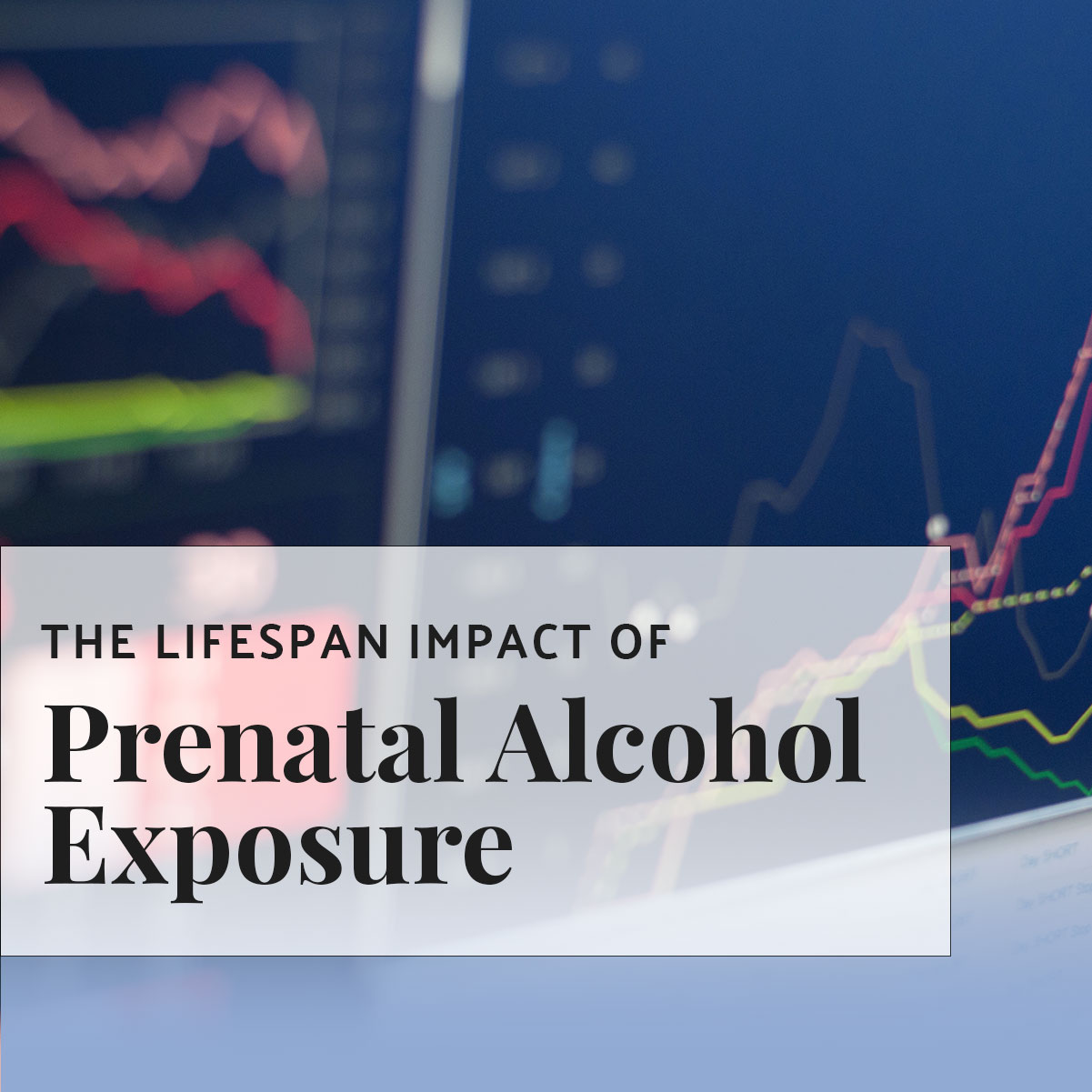Susan M. Smith, PhD
Institute Deputy Director for Science,
Dickson Foundation – Harris Teeter Distinguished Professor of Nutrition
susan_smith@unc.edu
704-250-5065
Dr. Smith’s laboratory studies the molecular mechanisms by which dietary components affect prenatal development. Current work largely focuses upon alcohol and how it causes Fetal Alcohol Spectrum Disorders (FASD). We are interested in how alcohol damages the embryo and fetus, and in the environmental and genetic factors that attenuate or heighten alcohol’s toxicity.
First described in 1968, FASD remains a leading known cause of neurodevelopmental impairment in the U.S. Our work examines the molecular mechanism by which alcohol causes the specific neurobehavioral and craniofacial dysmorphologies that typify FASD. Our research has identified much of the intracellular signaling pathway initiated by alcohol to trigger the apoptotic elimination of craniofacial precursors, a population known as the neural crest. This work currently focuses on alcohol’s ability to cause nucleolar stress, a sensor of cellular energy status and an activator of p53/MDM2-mediated cell cycle arrest and cell death.
More recently, our work has expanded to interrogate how alcohol disrupts nutrient metabolism and requirements of the maternal-fetal dyad. Using bioinformatic approaches, we performed simultaneous whole transcriptome analysis and untargeted metabolomics on the alcohol-exposed mouse mother and her fetuses. This has revealed that alcohol causes a microbial metabolite biosignature in mom and fetus that may have both neuroprotective and neuroinflammatory effects. It has also revealed how alcohol changes maternal metabolism and impairs her ability to supply essential nutrients that support her growing fetus. We are further characterizing the maternal microbiome under alcohol and how this may further affect maternal-fetal metabolism. We have also studied the long-term health impact of FASD and find that alcohol causes metabolic syndrome in the aged offspring; moreover, this glucose intolerance and obesity both correlate with worsened cognitive function as it ages.
Finally, we use precision nutrition approaches to identify nutrient-related gene polymorphisms that affect cognitive performance in those who are diagnosed with FASD. This work has uncovered a critical influence of the essential nutrient choline and its transporter SLC44A1 and highlights a mechanism by which supplemental choline may improve outcomes in alcohol-exposed pregnancies. This work is expanding to identify additional nutrient-related effect alleles using a GWAS approach. Finally, in work now concluded, we showed that alcohol creates a functional iron deficiency in both mother and fetus, and this causes both fetal anemia and brain iron deficiency; dietary iron intervention reverses these deficits and improves cerebellum-dependent learning.

Brendon Coats
Research Technician, Smith Lab
Brendon Coats is currently pursuing a BS in Biology at the University of North Carolina at Charlotte. He started at the NRI as an intern in January of 2022, and now is a Research Technician in the Smith Lab where is excited to gain experience in the research field. He hopes to enroll into graduate school and earn his masters after UNC Charlotte.

George Flentke, PhD
Research Scientist, Smith Lab
George Flentke received his Ph.D. in Biochemistry from the University of Wisconsin-Madison, where his dissertation focused on the structure and catalytic activity of the enzyme UDP-galactose-4-epimerase, which is crucial for galactose metabolism. His postdoctoral research in Biochemistry and Pharmacology at Tufts University / New England Medical School focused on the design of inhibitors of dipeptidyl peptidase enzymes, which control immune function and HIV infection. After returning to UW-Madison he continued working with the immunosupressives cyclosporine and rapamycin. He is an experienced enzymologist/protein chemist and synthetic organic chemist. Currently, he manages Dr. Smith’s lab, where he investigates the mechanism by which alcohol alters ribosomal signaling and mTOR activity in alcohol-exposed neural crest.
When Mom Drinks, Baby Drinks
It is a hidden truth that 1 in 7 pregnant people in United States reports drinking alcohol in the past 30 days. And about 1 in 20 pregnant people reports binge drinking—defined as 4 or more alcoholic beverages on one occasion—in the past 30 days. Nipun Saini, PhD, a...
Nipun Saini, PhD: 2022 PARE Award Recipient
Reposted from UNC Research. Each year, the Postdoctoral Awards for Research Excellence (PARE) are given in recognition of the research promise demonstrated by individual postdoctoral scholars. . . . The PARE awards are open to postdoctoral scholars in all disciplines...
The NRI is Growing
The NRI is constantly growing. It takes a diverse team with a wide range of expertise and experience to conduct research in precision nutrition. Our scientists, lab technicians, students, and administrative staff work together every day to discover how differences in...
The Lifespan Impact of Prenatal Alcohol Exposure
Fetal alcohol spectrum disorders (FASDs) encompass a range of behavioral, cognitive, and physiological impairments that result from prenatal alcohol exposure (PAE). FASD is usually diagnosed in early childhood, but while these impairments persist into adulthood,...
2023 Publications
2022 Publications
2021 Publications
2020 Publications







